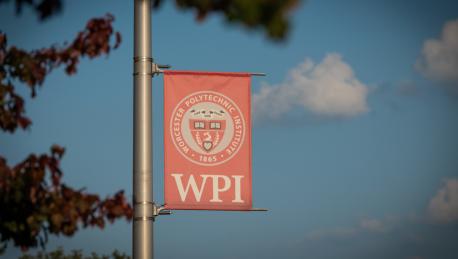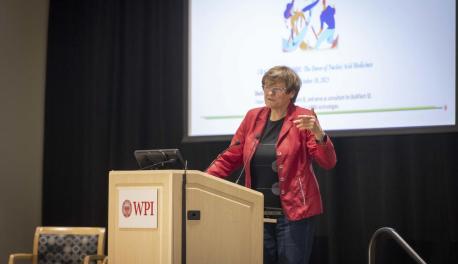
My research is interdisciplinary and spans the fields of bioinformatics of complex diseases, computational genomics, systems biology, and biomedical data analytics. We bring expertise in machine learning, data mining, and massive data analytics to study molecular mechanisms underlying genetic disorders, such as cancer, diabetes, and autism, and deadly infections, such as pandemic flu. Our approaches benefit from integrating multi-omic, systems, and structural biology data. We also develop hardware-optimized algorithms to understand the evolution of animal and plant genomes on the large scale. Finally, we collaborate with experimental scientists to test biological hypotheses generated by computational predictions. Members of our lab have enjoyed working together on cutting-edge cross-disciplinary projects and participating in collaborations nationally and internationally.

My research is interdisciplinary and spans the fields of bioinformatics of complex diseases, computational genomics, systems biology, and biomedical data analytics. We bring expertise in machine learning, data mining, and massive data analytics to study molecular mechanisms underlying genetic disorders, such as cancer, diabetes, and autism, and deadly infections, such as pandemic flu. Our approaches benefit from integrating multi-omic, systems, and structural biology data. We also develop hardware-optimized algorithms to understand the evolution of animal and plant genomes on the large scale. Finally, we collaborate with experimental scientists to test biological hypotheses generated by computational predictions. Members of our lab have enjoyed working together on cutting-edge cross-disciplinary projects and participating in collaborations nationally and internationally.
Scholarly Work
What is a structural representation in chemistry: Towards a unified framework for CADD? 2000
What is a structural representation 2000
A new dominant point-based parallel algorithm for multiple longest common subsequence problem 2001
Multiple genome rearrangement: a general approach via the evolutionary genome graph 2002
What is a structural representation? Second variation 2004
Analyzing the Interaction of RseA and RseB, the Two Negative Regulators of the SigmaE Envelope Stress Response, Using a Combined Bioinformatic and Experimental Strategy 2009



